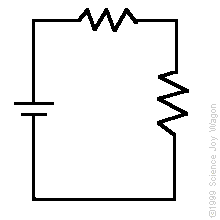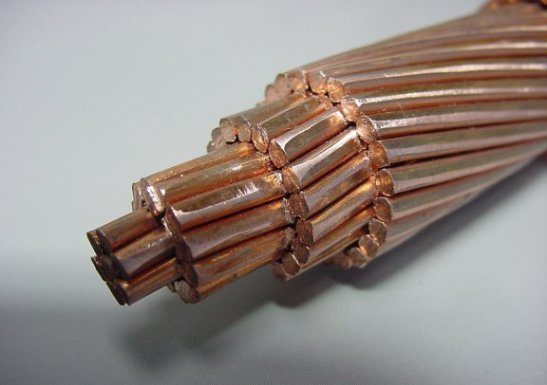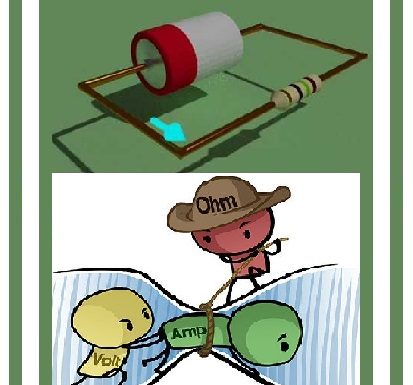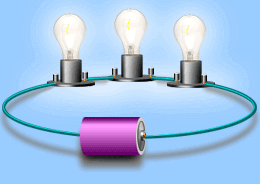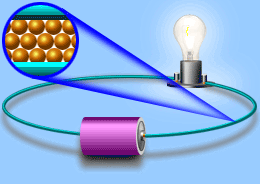There are, two circuit analysis rules that can be used to analyze any circuit, simple or complex. These rules are special cases of the laws of conservation of charge and conservation of energy. The rules are known as Kirchhoff’s...
Resistance
The electrical resistance of an electrical element measures its opposition to the passage of an electric current; the inverse quantity is electrical conductance, measuring how easily electricity flows along a certain path. Electrical resistance shares some conceptual parallels with...
A resistor
The electricity moving through a wire or other conductor consists of its voltage (V), current (I) and resistance (R). Voltage is potential energy, current is the amount of electrons flowing through the wire, and resistance is the friction...
Simple circuits
When charged particles build up in an object it is called static electricity. Another kind of electricity occurs when electrons flow in a current. A battery and wires can make current flow. Look at the simple electric circuit...
Electric current
Electricity is produced when an electron moves after being taken away from an atom. Review that atoms make up all matter. Atoms are usually electrically balanced, there are as many positive charges (protons) as there are negative charges...
